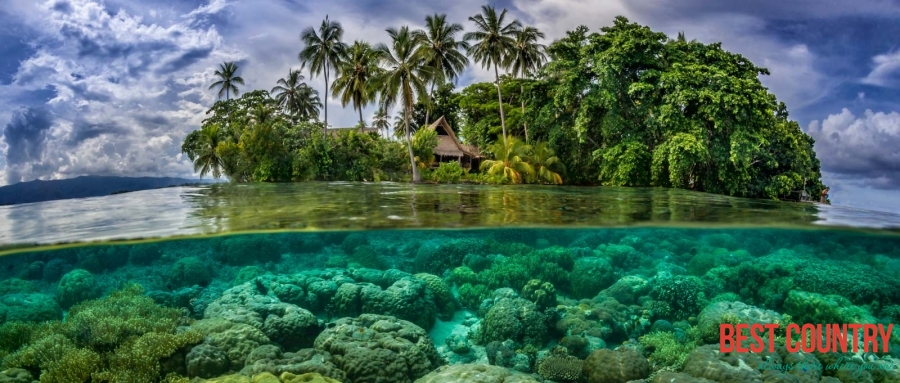Marshall Islands
Cultural features of the Marshall Islands
Cultural values and customs, or manit, make Marshallese society unique.
Overview of Marshall Islands
The Republic of the Marshall Islands, is a Micronesian nation of atolls and islands in the middle of the Pacific Ocean, just west of the International Date Line and just north of the Equator. The population is about 62,000. In 1986 independence was attained under a Compact of Free Association with the United States.
Capital: Majuro (Delap)
Largest city: Majuro
Official languages: Marshallese, English
Climate of the Marshall Islands
The weather in the Marshall Islands is tropical - hot and humid, but tempered by trade-winds which prevail throughout the year.
